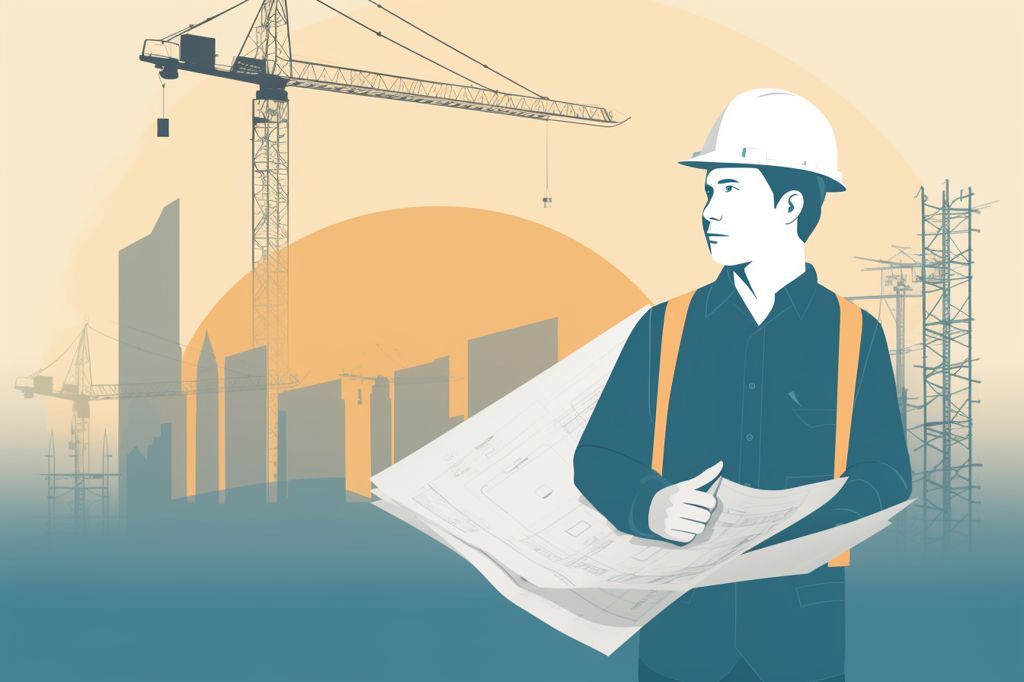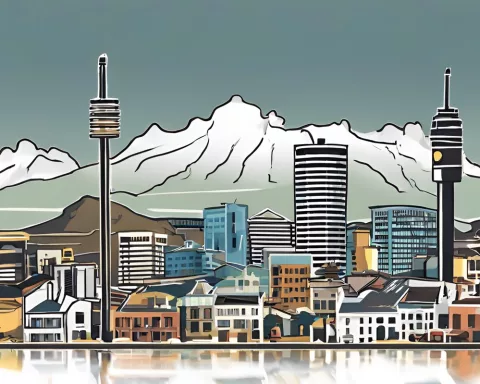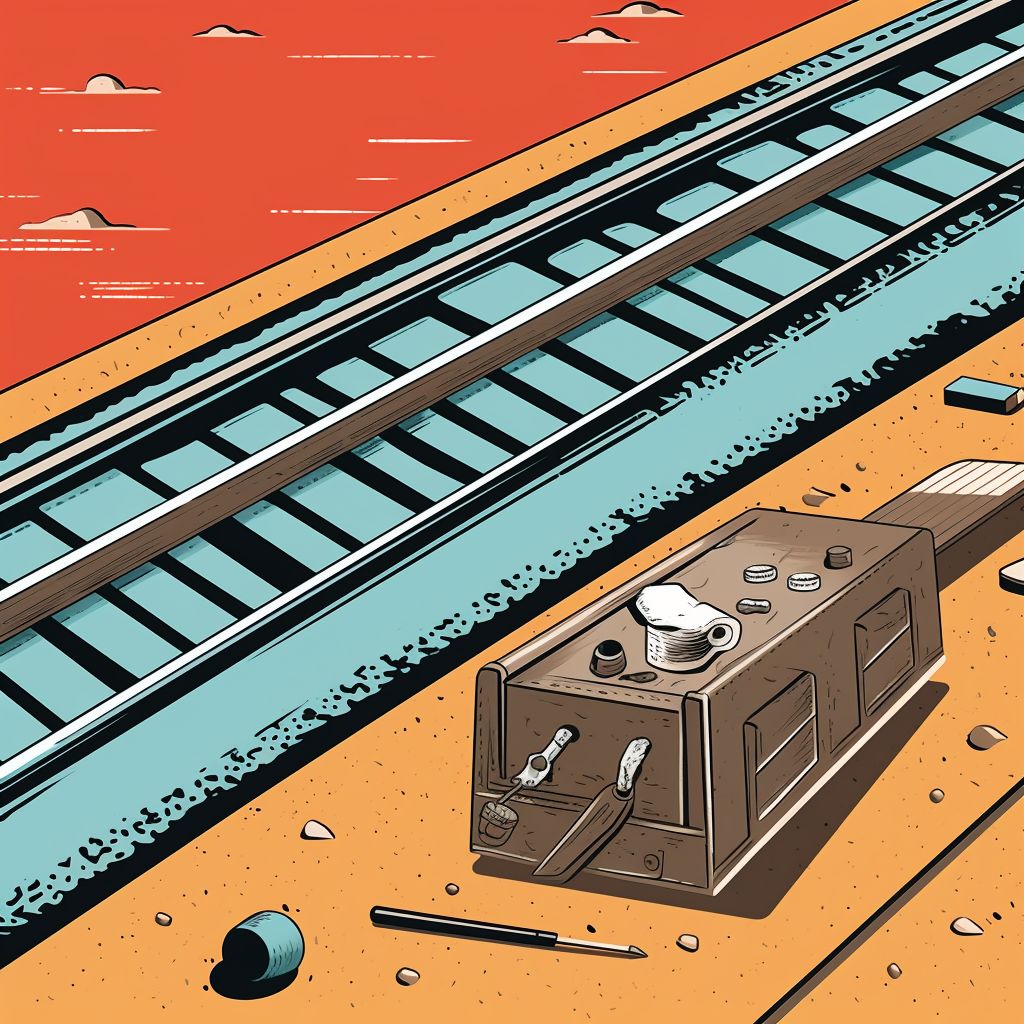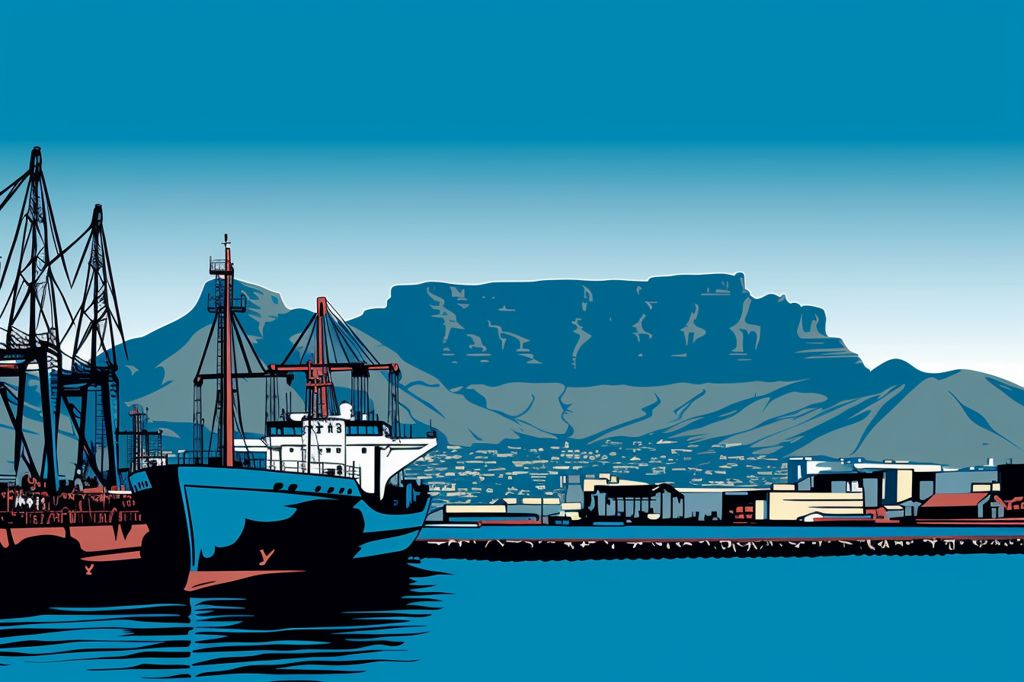The Eastern Cape Department of Public Works and Infrastructure (DPWI) has announced its transformative infrastructure development agenda, aimed at fostering hope and resilience amid socio-economic challenges. With a budget of R2.5 billion for the 2023/24 financial year, the DPWI intends to become a ‘nerve centre’ for infrastructure development, delivery, coordination, and investment in the Eastern Cape.
Developing a Capable Institution
The DPWI’s transformative agenda is designed to be implemented in three strategic phases. The first phase involves developing a capable institution. The department has taken significant strides in recent years, including a successful reorganization of its structure and the alignment of its districts with current demarcation, resulting in enhanced project implementation efficiency.
Delivering Core Infrastructure
In the second phase, the DPWI aims to deliver core infrastructure. To drive economic development and job creation, the department is partnering with client departments and stakeholders to initiate numerous projects. These projects are geared toward improving the lives of Eastern Cape residents, with a focus on women and youth empowerment. The department has made significant progress in realizing its goals, such as increasing the percentage of women in senior management positions from 38% in 2019/20 to 56% in 2023/24.
Investing for Economic Growth
The third phase of the DPWI’s agenda involves investing for economic growth. The department is committed to training and upskilling young artisans, having trained 1,250 learner artisans by the end of the financial year. The DPWI is also implementing a myriad of office precinct projects and taking decisive action to address the province’s energy and water conservation challenges.
Addressing Unemployment
The DPWI has played a pivotal role in addressing the issue of unemployment among young people in the Eastern Cape. The department has placed 85 candidates under its Professional Skills Development Programme in 2022/23 and intends to place 288 more in various developmental programmes in the coming year.
Revenue Generation
As the custodian of the provincial government’s immovable assets, the DPWI is actively working on revenue generation through property portfolios, leases, and property development. The department has set a target of 65% black property developers in the 2023/24 financial year.
In conclusion, the DPWI is committed to playing a leading role in the Eastern Cape’s socio-economic transformation. The department’s ambitious infrastructure projects aim to unlock investment opportunities and create sustainable jobs for the region’s residents, ultimately delivering a brighter future for all in the Eastern Cape.












